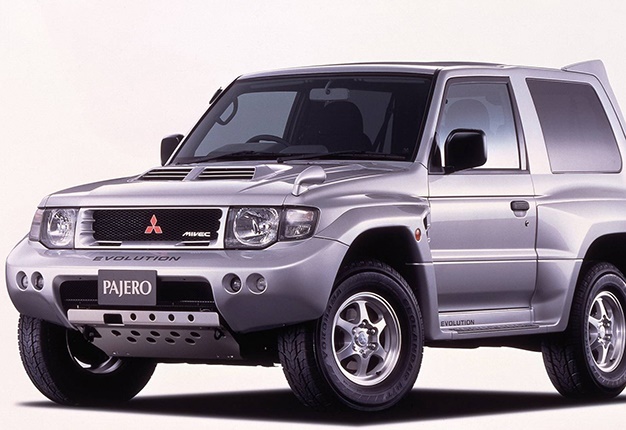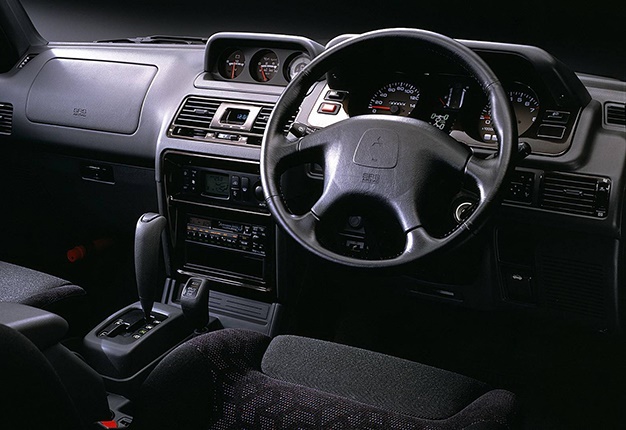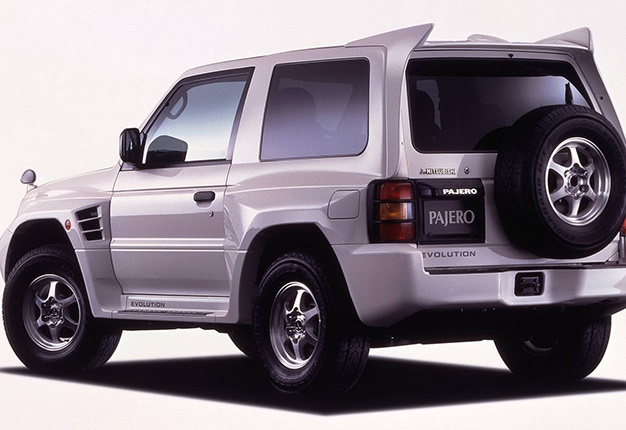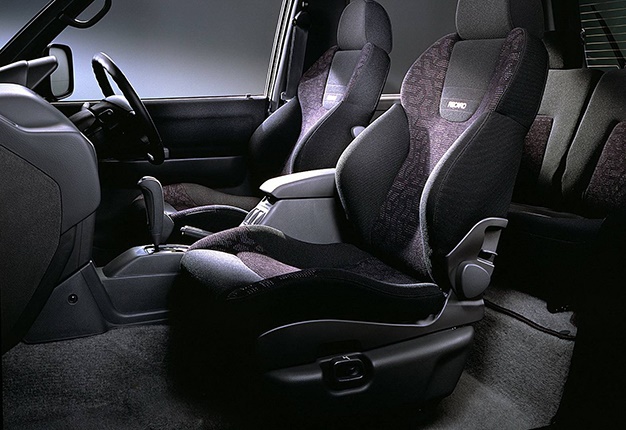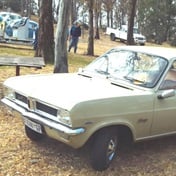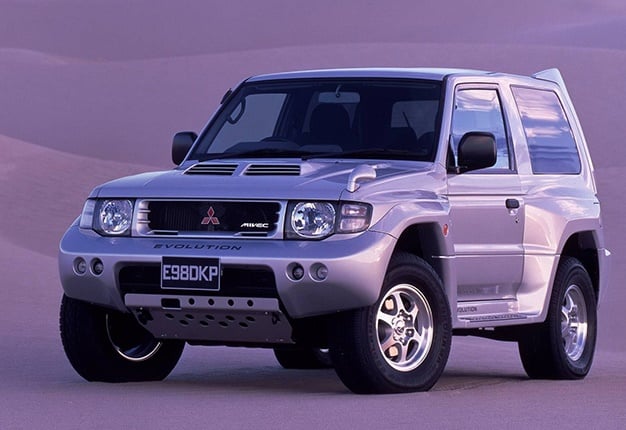
The Mitsubishi Lancer Evo. Whether you were an ardent WRC fan in the 1990s or learnt to drive on a PlayStation console, it doesn’t matter, the Lancer Evo has become the stuff a legend.
Evolving through ten generations, these high-performance Mitsubishi sedans were capable of embarrassing most German four-door rivals and quite a few two-door sportscars too.
Extending the Evolution
South Africa only had a brief flirtation with the Evo, when the very last edition was released for sale here in 2012 and a shipment of automatic transmissions didn’t really endear the Evo X to local expectations.
READ: Where it all began - Mitsubishi celebrates 40 years of success in a tough bakkie segment
But there is another Mitsubishi Evo, which was also imported to South Africa in very limited numbers, and surely ranks as being even a bit more special.
Image: Supplied
During the late 1990s, Mitsubishi was dominant in the gruelling Dakar rally raid. Year after year the podium was a triumphant set of Pajeros and the associated marketing cachet was not lost on Mitsubishi.
The Pajero Evolution
The only challenge Mitsubishi faced was from the Dakar’s fluid rulebook, instead of other competitors. As Dakar rules started requiring stricter homologation production car equivalents to allow racing cars entry for the world’s most testing off-road race, Mitsubishi was forced into assembling something extraordinary to achieve compliance. Class T2 at the Dakar required 2500 factory vehicles to quality a racing programme and Mitsubishi duly obliged.
Image: Supplied
The result was its Pajero Evolution. Produced between 1997-1999, these are the true Evos of destiny. They even competed successfully in South African off-road racing.
Essentially the only components Mitsubishi did not alter with its Pajero Evolution were the carpets, cabin trim and switchgear. Everything else was different. If you take a dim view of pseudo-performance SUVs with a surplus of flared bodywork and little mechanical distinction, fear not, for the Pajero Evolution was a treasure trove of upgrades.
Image: Supplied
In appearance, it features huge fenders, remoulded bumpers and a lighter aluminium hood with vents for additional cooling. Around the rear, there were shark fin roof spoilers. Inside, the standard seats were replaced with Recaro semi-bucket racing items. You get the idea…
A limited run
Even when encountered today, Mitsubishi’s Pajero Evolution still looks radical. Imagine what it must have been like to spot one of these in the late 1990s when they were imported to South African in preciously limited numbers.
Image: Supplied
The desert racing refugee appearance was reinforced by real mechanical ability. Although Pajero Evolution retained the standard 3.5-litre V6 block of other Pajeros, the internals was forged and Mitsubishi’s variable valve timing system and a custom air intake made sure it revved very cleanly – and with intent.
The tachometer was calibrated to 8000rpm and power deeply impressive for a late 1990s SUV, cranking out 205kW and 348Nm.
And it could go fast anywhere you required. Unlike standard Pajeros, the Evolution boosted its traction abilities with Torsen limited-slip differentials on both axles.
Image: Supplied
Its suspension configuration differed from all other second-generation Pajeros too, with an independent coil-sprung set-up at all four wheels – very unusual for a low-range equipped SUV of the time.
These Pajero Evolutions proved so capable that Mitsubishi manages to do the unthinkable when they were fitted with roll-cages for competition. Despite technically being graded in a slower class at the 1998 Dakar, the Pajero Evo still won outright.
Much to the embarrassment of all other competing teams. Perhaps the greatest appeal of these Pajero Evos, is that they came to South African in their prime, unlike the Lancers, which were an experience deferred by time.




 Publications
Publications
 Partners
Partners





